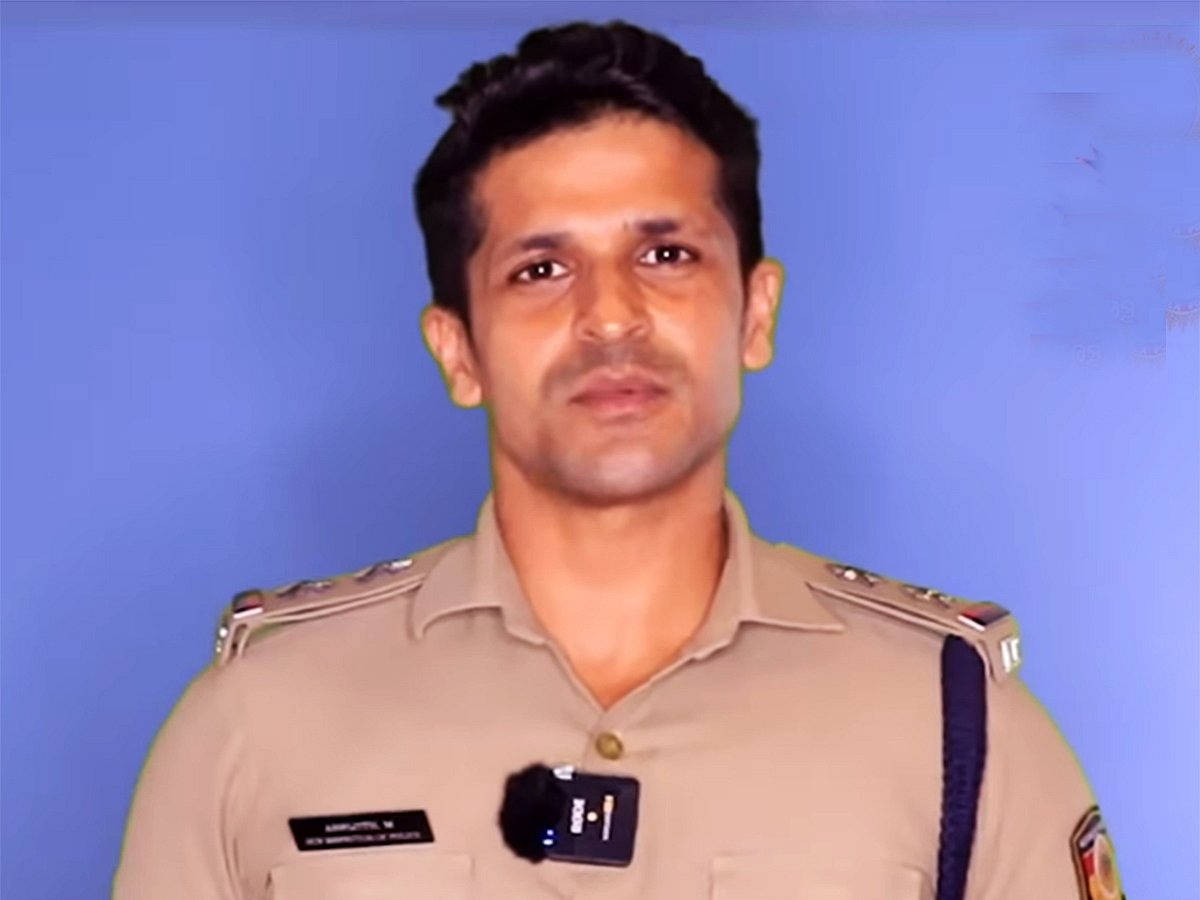Kerala Police officer's cyber scam warning on matrimonial scams goes viral—ends up getting marriage proposals instead
He was asking all to avoid stranger danger, his comment section was staging another game

Dubai: In a reel that was meant to be a public service announcement, Kerala Police recently posted a video featuring a sharply dressed officer (read dreamboat in khaki uniform) warning about cyber scams, specifically on matrimonial platforms.
“Don’t accept random friend requests. It starts with talk of marriage — and then comes the money request,” he says in Malayalam, his tone calm but firm.
“Be vigilant. Don’t fall victim. And report it immediately by calling 1930.”
Important message, right? Sure. But Instagram and his growing fan base, mostly women, had other concerns.
“Sir, are you single?”, “Forget cyber fraud, I’ve just been robbed — of my heart.” were some of the cheeky comments in Malayalam.
Here's another gem: “Where do we file a complaint for this much handsomeness in uniform?”
Yes, while the officer was asking users to avoid stranger danger, the comment section was busy staging a collective swoon.
The reel has since garnered 14,3000 likes, not just for its cybersecurity tip — but for its leading man, who many have unofficially crowned as the “matrimonial scam slayer of our dreams.”
This isn’t the first time a uniformed Indian officer went viral for reasons beyond the call of duty.
In 2020, Assam cop Julfikar Ali trended online after a picture of him wearing a face mask during the pandemic had users comparing him to movie stars. Even earlier, a Pakistani chaiwala with piercing blue eyes became a global internet sensation just for being ridiculously good-looking while pouring tea.
There’s clearly a soft spot online for men in uniform with strong cheekbones and stronger public messaging.
But let’s not let the thirst distract from the takeaway: online matrimonial scams are real, and they’re getting sneakier. These scammers often build fake emotional connections, pretend to seek marriage, and then create emergencies to ask for money — whether it’s for travel, family illness, or “processing documents.”
The Kerala Police's message is crystal clear:
*Don’t fall for love-bombing from strangers online.
*Never share personal or financial information.
*And if in doubt, call 1930 — India’s national cybercrime helpline.
So while we may wish this particular officer came with a verified matrimonial profile, let’s keep our heads clear — and our passwords even clearer. Because in the end, the only thing better than a dishy man in uniform… is not getting scammed by one pretending to be.
Network Links
GN StoreDownload our app
© Al Nisr Publishing LLC 2026. All rights reserved.